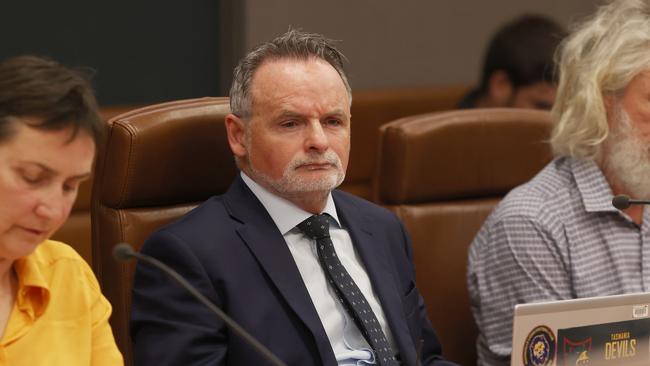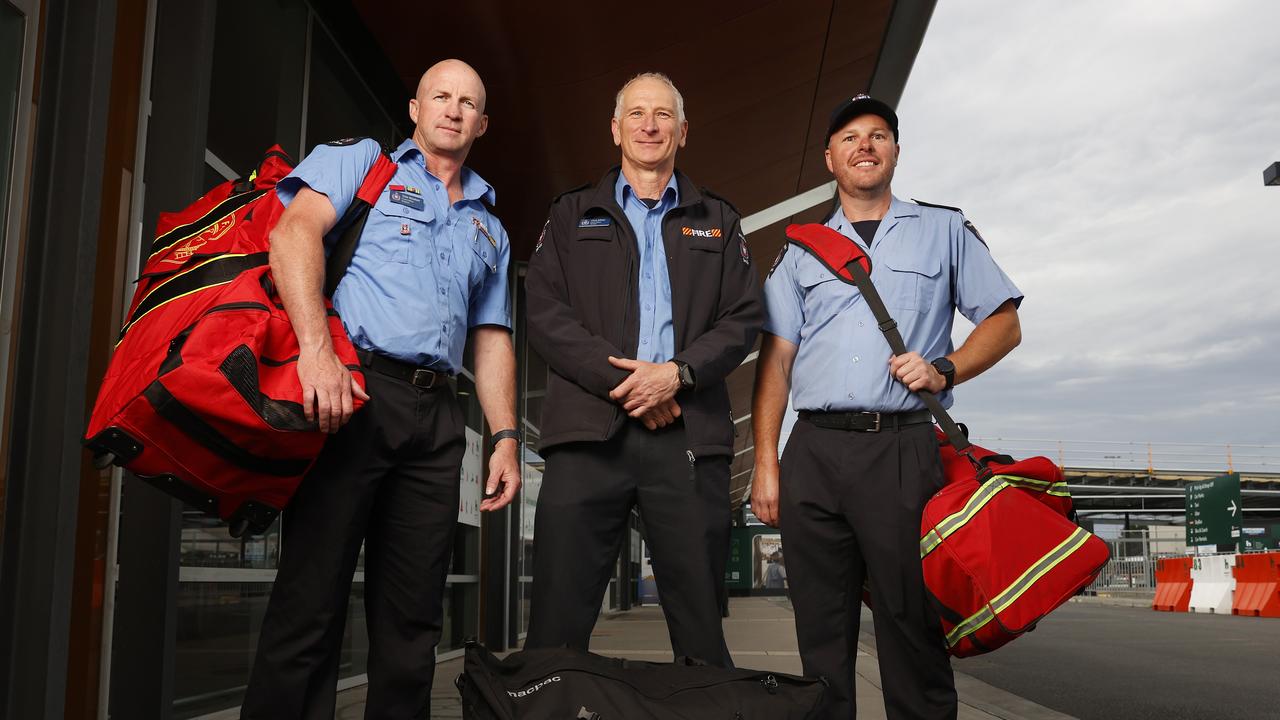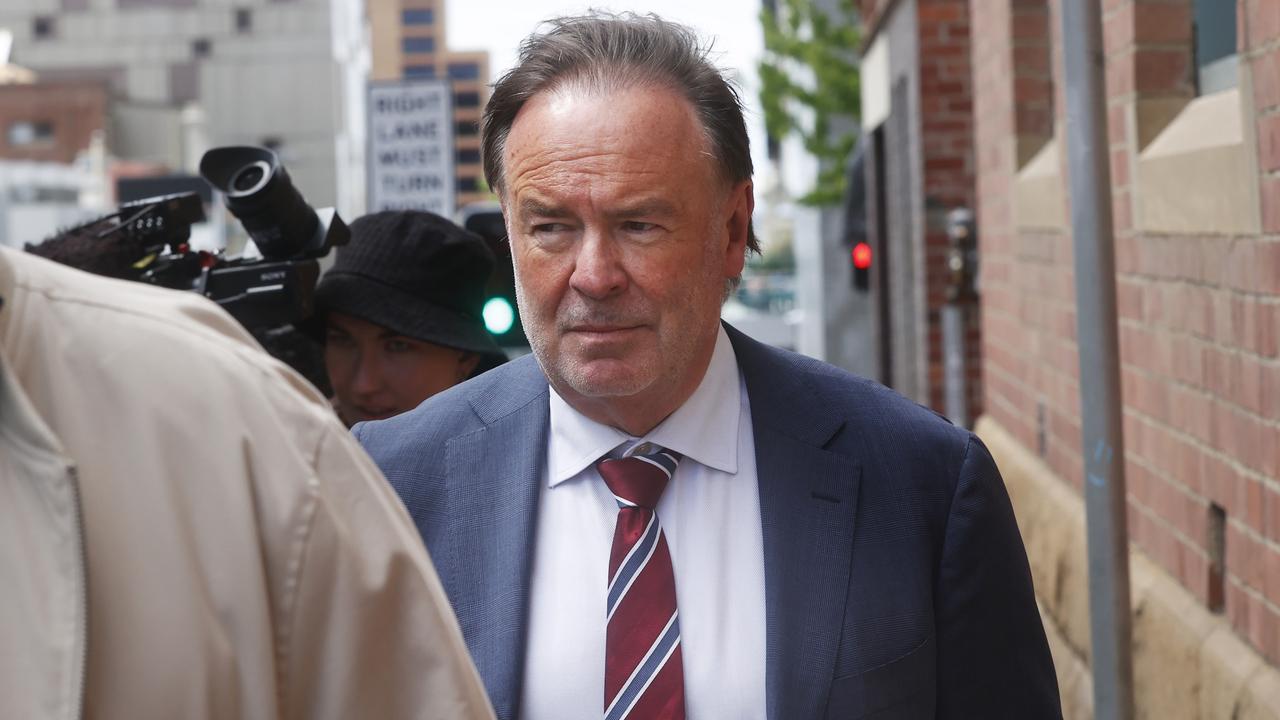Government’s GBE plan runs into opposition from key crossbench MP
A key independent MP says he is strongly opposed to any attempt to merge or privatise government-owned businesses despite a series of failures in service delivery.

Politics
Don't miss out on the headlines from Politics. Followed categories will be added to My News.
A key independent MP says he is strongly opposed to any attempt to merge or privatise government-owned businesses despite a series of failures in service delivery.
The state government has sought feedback on its plans for reform of Government Business Enterprises and State Owned Companies.
Among the submissions received by Treasury, independent MP David O’Byrne says he opposes both the suggested merger of TT-Line, TasPorts and TasRail and any talk of privatisation.
“There is no evidence that the current structure of GBEs and SOCs raises issues of
competitive neutrality with the private sector and the businesses should remain in State ownership,” he wrote.
Mr O’Byrne highlighted a series of failures of GBEs in recent years, saying the key reform needed was more close and direct supervision by the government.
“Metro has been unable to deliver timely and accessible public transport with more than 900 bus services cancelled under the ‘temporary service adjustment’ and faces falling passenger
numbers [and] it has proved incapable of delivering a common ticketing system,” he wrote.
“TasPorts proved incapable of dealing with Macquarie wharf upgrade and has disavowed any
responsibility for the Spirit’s berthing fiasco.
“TT-Line has been responsible for the multiple delays and cost blowouts of the construction and delivery of the new Spirit vessels.
“TasNetworks has shown a belligerent approach to a key part of its workforce and has
resorted to aggressive and costly measures – including $5.5m worth of cash bribes to
all staff – to gain a yes vote.”
He said there were other notable failures “including Homes Tasmania which has had little impact on the housing affordability crisis and the supply of new houses”.
In its submission, the Tasmanian Chamber of Commerce and Industry said it had been “concerned with the governance, management and behaviour of a number of Tasmanian Government Business Enterprises (GBEs) and State-owned Companies (SOCs)”.
The Chamber called for greater vigilance from the government over its business enterprises and called for term limits on appointments.
“The Tasmanian government business enterprise and state-owned company sector should operate under established private sector commercial principles, while also being responsive to the government of the day and the long-term interests of the Tasmanian economy and society,” it said.
“The Tasmanian GBE/SOC sector should be the subject of strong shareholder control and include a statement of intent from the government of the day that must be publicly available and sent to each GBE/SOC by the relevant minister(s) at least annually.
It suggested that “any individual may only serve on the board of a Tasmanian GBE/SOC for a maximum of eight years”.
And Unions Tasmania opposed any hint of privatisation.
“Tasmania is concerned that the government is embarking on a process with a predetermined view that these are the preferred or only options of the government,” the submission read.
“This points to a worrying privatisation agenda that Unions Tasmania will not support.”
“The community knows that privatisation is a failed ideology and a failed policy.
“Unions Tasmania steadfastly opposes the privatisation of our GBEs and SOCs.
And the submission notes opposition to a potential merger of TasPorts, TT-Line, and TasRail
“We do not consider it is in the interests of either workers or the community to see this
merger proceed.”



